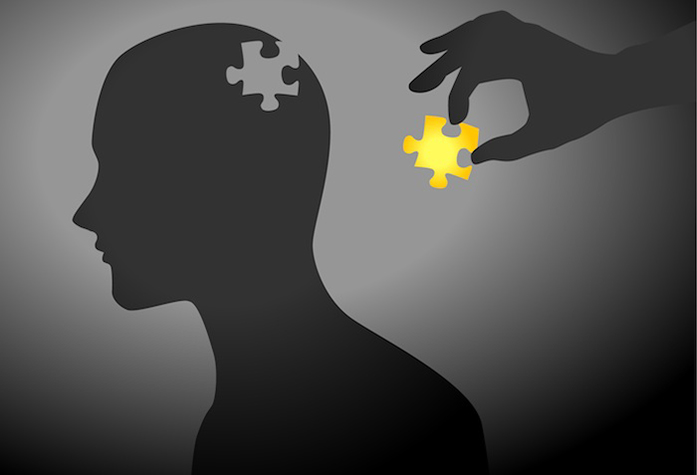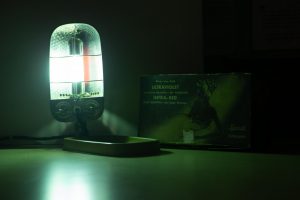Newby: Brief counseling brings help to students’ healing journey
University of Iowa Counseling Service offers brief counseling and group therapy to students seeking help.
February 7, 2019
Nearly 85 percent of college students have reported feeling overwhelmed to the Anxiety and Depression Association of America. Meanwhile, 40 million American adults grappling with some form of anxiety experienced their first episode before they turned 22.
And University of Iowa students do not fall far from these statistics. I asked 50 students if they’ve grappled with anxiety or depression at some point in their college experience, and nearly 90 percent of those said yes.
The 2017 UI Counseling Service report, however, shows more than two-thirds of clients are diagnosed with anxiety and depression.
Yet, amid the waves of anxiety and depression that continue to flank the focus of Iowa students, the UI counselors have made themselves available and accessible while diligently seeking what is best for students.
And the method that continues to prevail in proving the most helpful to students on their healing journeys is brief counseling.
Counseling Service Associate Director Paula Keeton said that nationally, brief counseling can be conceptualized from six to 20 sessions. But at the UI Counseling Service, brief counseling is most commonly seen as meeting from five to eight sessions. Part of this is to provide the most access to counseling for the most students.
In those sessions, counselors encourage students to set goals for what they hope to gain from their time together.
“We try to lay a little roadmap with folks to make it more efficient,” Keeton said. “We want to help students specifically identify their problem area.”
The hope is to help students identify what’s in their control and what’s not in their control, to identify what they can actively be working on and what’s just part of life. And then to focus more centrally on coping skills and resilience in conquering the goals that have been set.
“What we find in college students is many of their issues are resolvable within that time frame,” Keeton said. “And they have good coping and good resources. They have community.”
RELATED: Column: Curing the ‘winter blues’ in an unconventional way
The emphasis of community in navigating mental health is incomparable — having a group of friends to talk through issues, heartbreak, and other stressors is enough to bring a little light to the feeling of loneliness many college students find themselves facing.
The UI Counseling Service offers group therapy for those who want to connect and cultivate relationships outside of their daily community, and an upwards of 400 students are involved in one of the 20-plus groups offered, Keeton said.
And while brief therapy is commonly capped at somewhere near 20 sessions per student, group therapy can last as long as the student wants to stay involved.
The importance of getting involved with either one-on-one sessions of brief counseling or joining one of the many therapy groups that the Counseling Service offers is imperative to students’ mental health and healing journey.
Because no matter what mental health or heartbreak looks like, there is hope because there is help that is available and accessible.
In order to seek services further, call UI Counseling Service at (319) 335-7294.
RELATED: UCS survey reveals students thoughts on anxiety, stress management






